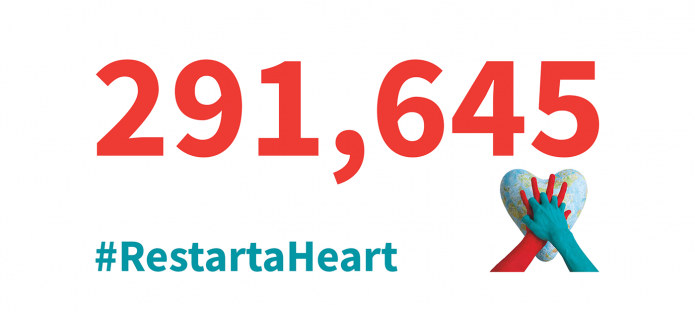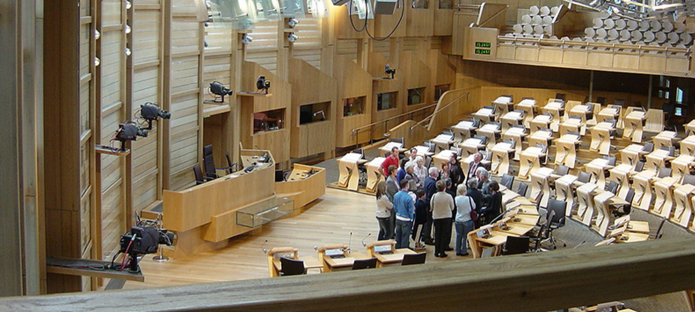Resuscitation Council UK responds to Scotland figures that show bystander CPR and survival rates from sudden cardiac arrest are dramatically improving.

Resuscitation Council UK is delighted that recently released figures show almost two thirds (64%) of people who had suffered a cardiac arrest out of hospital in Scotland in 2018/19 received bystander CPR. Crucially, the survival rate in Scotland has also improved, with more than one in 10 people surviving a cardiac arrest compared to one person in 20 in 2015. These figures highlight how equipping people with CPR skills really does enable them to save lives.
The progress made in Scotland demonstrates the importance of working in partnership to achieve great outcomes. The work done by Save a Life for Scotland and partners sets a gold standard for saving lives when someone collapses and stops breathing - and we encourage others to follow suit as survival rates still remain stubbornly low across the UK.
From research commissioned, via a YouGov survey, as part of last year’s Restart a Heart Day, Resuscitation Council UK found that 66% of people in Wales, 58% of people in Northern Ireland and 49% of people in London would be likely to give CPR to a stranger compared to 73% of people in Scotland. These figures demonstrate the need for more CPR education and training, so that everyone has the best chance of survival if they suffer a sudden cardiac arrest.
Dr James Cant CEO commented: ‘It is hugely encouraging to see such significant improvements in the number of lives being saved in Scotland and everybody who has played a part in raising awareness, training people and saving lives must be commended. Resuscitation Council UK is working towards a day when everybody has the skills they need to save a life, wherever they may live. From recognising the symptoms of CPR and calling for help, to starting CPR and using a defibrillator, everybody has the potential to save a life and be the first crucial step in the chain of survival.’
To learn how to save a life, play RCUK’s free Lifesaver app, a game in a film that teaches people what to do when someone has a cardiac arrest: www.lifesaver.org.uk.

